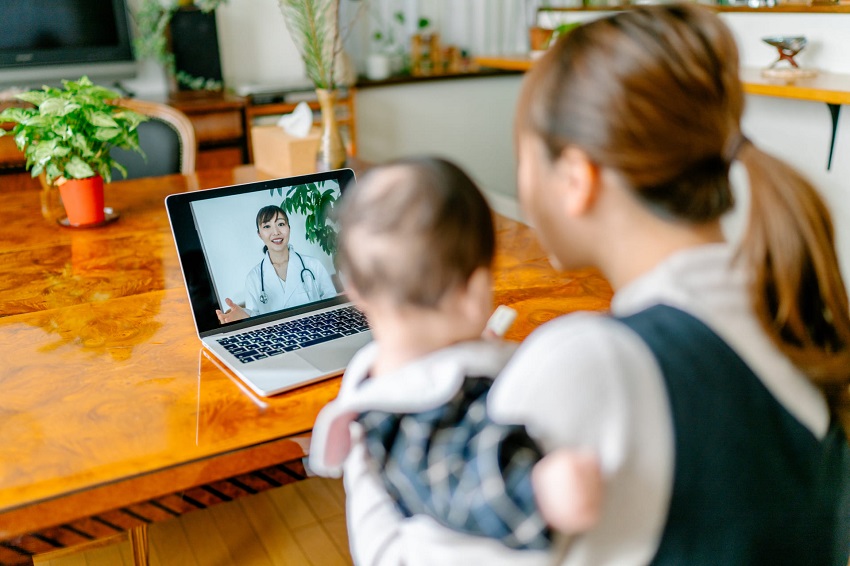Bridging Borders: The Digital Health Revolution in the Quest for Global Equity
Since it was created in April 7, 1950, World Health Day, which coincides with the founding of the World Health Organization (WHO) two years earlier, has some very clear objectives and purposes, ranging from individual care and disease prevention to ensuring collective access and quality.
To support these goals, each year a different theme, always thinking about reflecting and discussing the needs that people have and how these problems affect the population on a global scale, is selected as the campaign's motto.
In 2024, the theme chosen was “My Health, My Right”. This decision is part of a context marked by the fact that the right to health of millions of people around the world is increasingly threatened. According to the WHO, diseases and disasters are the main causes of death and disability, and conflicts are devastating lives, causing death, pain, hunger and psychological suffering.
The WHO Health Economics Council found that despite 140 countries recognizing health as a human right in their constitutions, they are failing to pass and implement laws to ensure their populations have the right to access health services. Data shows that at least 4.5 billion people (more than half the world’s population) were not fully covered by essential health services in 2021.
Facing these challenges has never been and will never be a simple task. However, we cannot forget that some allies can help in facing these difficulties and literally break down barriers, such as telehealth and all the technologies that help take healthcare to a fully digital scenario.
This year's theme, among other important demands such as clean water, clean air, good nutrition, quality housing, decent environmental and working conditions and freedom from discrimination, was chosen to defend the right of all people, everywhere, to have access to quality health services, education and information. And these are aspects that technology can play a very important role in.
In addition to the ease of taking healthcare to where it needs to be – a case, for example, that can be demonstrated by the creation of the telehealth capsule designed by Saúde Digital Brasil, which has just been used for the first time in the Koripako Humanitarian Mission, in the Amazon – there are also other benefits that digital healthcare brings.
Digital health is revolutionizing how we manage our health, making it more accessible and convenient for everyone. It is also essential for care coordination, disease prevention, and primary care. Through telehealth, we can achieve important goals: improving health monitoring, facilitating access to qualified medical professionals, providing guidance on disease prevention, and offering personalized care, all remotely.
Not to mention its power to predict and identify trends, which can be called “telemedicine”. During the pandemic itself, there was a direct association between the growth in telemedicine services and the increase in Covid-19 cases. In fact, this ability to help provide insights into the epidemiological situation of an infection and predict potential outbreaks and epidemics was recently proven in a report by Conexa, a comprehensive healthcare ecosystem associated with SDB.
The “Integral Health Connection” report, using data from Health Analytics, a population data management platform, identified that for every thousand consultations carried out in February 2024, 57.2 were probable cases of dengue, representing an increase of 718% compared to the same month in 2023.
Furthermore, the report identified, thanks to data analyzed through a partnership with a health insurance company in the country, that teleconsultation can reduce patient visits to the physical emergency room in situations of outbreaks and epidemics of diseases, such as Covid-19 and dengue, for less complex conditions. Of the approximately 57 thousand virtual consultations carried out in the three-month period, 90% trusted the virtual consultation and resolved the health issue without going to the physical emergency room. Only 10% chose to go to the physical ER even after discharge.
This also extends to other everyday situations, reinforcing as digital health is an important tool for promoting accessible and effective healthcare. However, to achieve true health equity, it is crucial to join forces between society, public policies and technological innovations. It is this collaboration, eliminating barriers and borders, that will help shape the future and transform the world into a place where the right to health is a tangible reality for everyone, everywhere.





